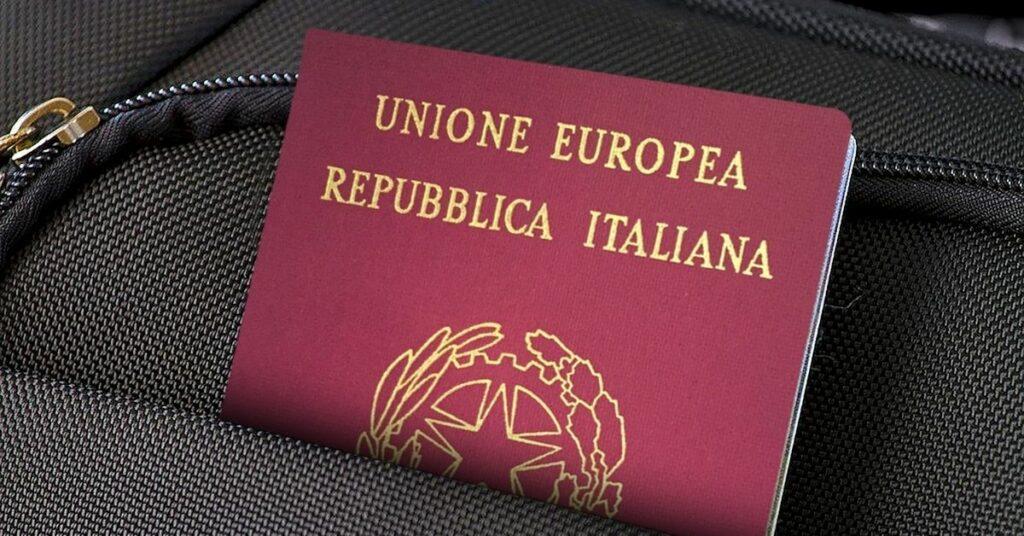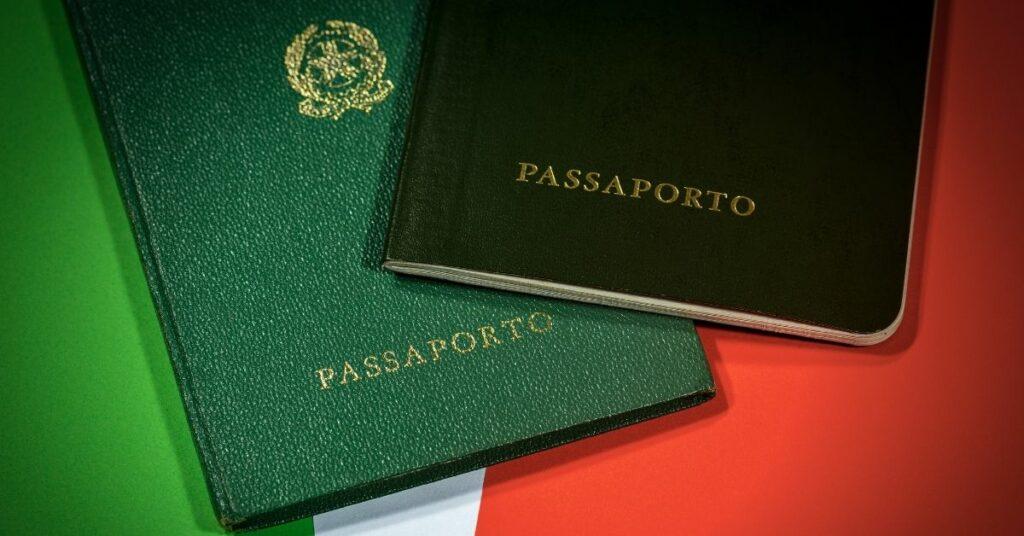You have come to the right place if you are looking for more information on Italian citizenship by descent. When you become an Italian citizen, you get to enjoy high-paying jobs, quality education, top-notch healthcare services, the freedom to work and live anywhere in Italy, and much more benefits.
There is much more to Italy than the abovementioned good things. These include fantastic food, beautiful cities, ancient ruins, fascinating museums, soaring mountains, incredible beaches, and stunning natural scenery.
As someone with Italian ancestry, you must meet several requirements to become a citizen. Citizenship by descent is one of the fastest and easiest ways to become an Italian citizen. In this blog, you will learn the steps to take to become a national of Italy via this method.

Let’s get started.
What is Italian citizenship by descent?
Citizenship by descent is also known as Jure Sanguinis. Jure Sanguinis is a Latin word that means “right of blood” or “blood right.”
It is a common rule for citizenship law that states that a child’s citizenship is determined by the nationality of one or both parents at the time of birth. According to this principle, children born in a country may be automatically considered citizens of that country if either or both parents have citizenship, regardless of where they were born.
In the past, for a person to become a member of a people, tribe, etc., was determined by their father. But nowadays, nations have extended this right to both parents. In Italy, for example, women only gained the right to transfer citizenship to their children in the 1940s.

To varying degrees, most nations apply Jure Sanguinis in their nationality laws. Italy is one of the few countries where having at least one Italian ancestor automatically qualifies as an Italian citizen.
Italy has favorable citizenship laws and considers those of Italian descent citizens. In many cases, those with Italian ancestors can obtain Italian citizenship through descent (Jure Sanguinis). Once granted Italian birthright citizenship, a person has all of the rights and privileges of those born in Italy. They can obtain a European Union passport.
Who can apply for Italian citizenship by descent?
The vast majority of people eligible for citizenship by descent have been born to a parent who was either an Italian person or who had the right to qualify for citizenship.
Another possibility is when a person’s family line is with an Italian parent. Or the person has a parent with the right to become a citizen of Italy.
Because Italy recognizes Jure Sanguinis, you can obtain Italian citizenship through ancestry (by bloodline). However, you must demonstrate that your Italian ancestor was an Italian citizen. So, you have had the right to claim Italian citizenship at your birth time. You should pass this blood right citizenship down to the bloodline to future generations.

What are the requirements to get Italian citizenship by descent?
To qualify for Italian citizenship through descent, you must meet the following requirements:
- To be eligible for citizenship, an applicant must be born to an Italian citizen or a parent with citizenship rights.
- An ancestor of this person was born in Italy and became a citizen after 1861 when Italy consolidated and grew into one nation.
- This person’s Italian-born ancestor never lost their Italian citizenship through naturalization in a foreign country or only naturalized after the birth of their child, who would be the next person in the petitioner’s direct Italian lineage, demonstrating the petitioner’s connection back to their Italian-born ascendant.
- Neither this person nor anyone in their direct family line back to Italy naturalized to become a citizen of another country before the birth of the next person in the direct Italian line before 1992.
- An Italian mother gave birth to the applicant after January 1, 1948 (using a female parent).
How to get Italian citizenship by descent?
- You must be able to prove the fact that you are related to Italy. You can begin your research at the National Archive to prove these ties. Alternatively, you can ask your family members to obtain relevant information and learn to apply for Italian citizenship.
- The court system is best for claiming your Italian citizenship. You must submit certified copies of your family’s vital records in your application, including birth certificates, death certificates, marriage certificates, and divorce certificates.
- The documents will need legalization with an apostille and translation into Italian; the certificates must be certified copies. Apostille is a certificate by the Secretary of State and has an attachment with an original document to verify its genuineness and legitimacy. Moreover, Aostilling is a requirement because it is a way to have a document accepted in another country participating in the Hague Apostille Convention.

Conclusion
If you have Italian descent, you can obtain an Italian passport and have the same rights as any other Italian citizen. To acquire Italian citizenship by descent, you must be over 18 years old. Your Italian parent must have been alive and a national of Italy after the formation and unification of the country in 1861. If your ancestor is dead you can still claim Italian citizenship. If you are under 18 years and were born outside of Italy to an Italian citizen, you can apply for Italian citizenship by descent through your parents.
We hope you enjoyed our article about Italian citizenship by descent. It is important to remember that it is impossible to apply for Italian citizenship by descent unless your parent is an Italian citizen. Thank you for taking the time to read this superb piece!
I hope you enjoy our article, do check more of our amazing articles.



